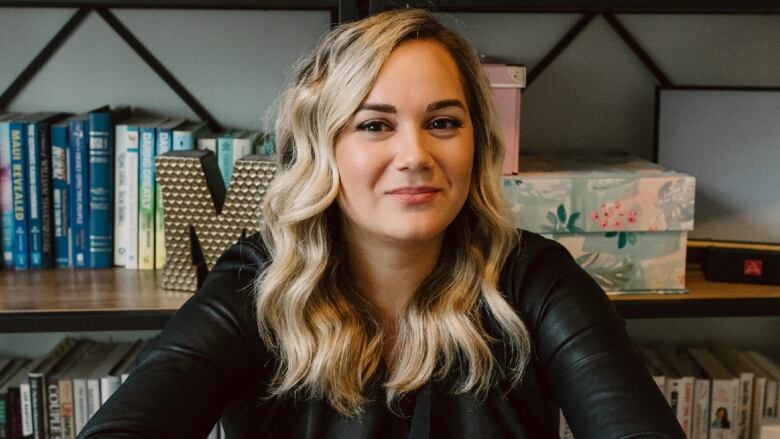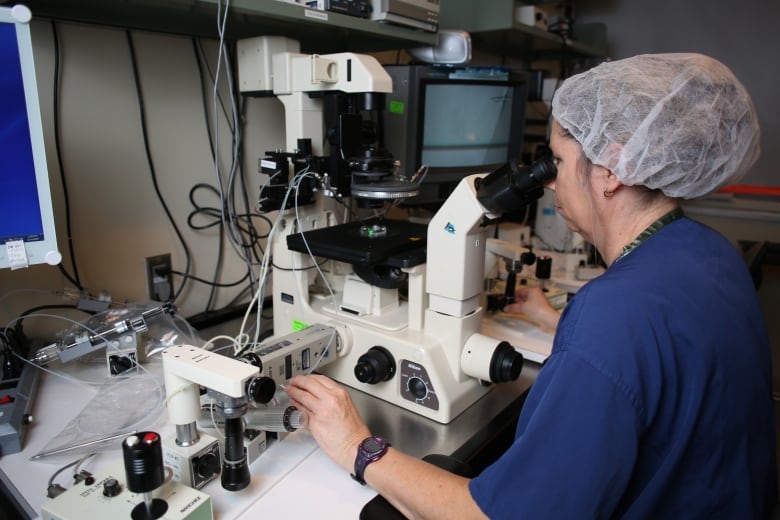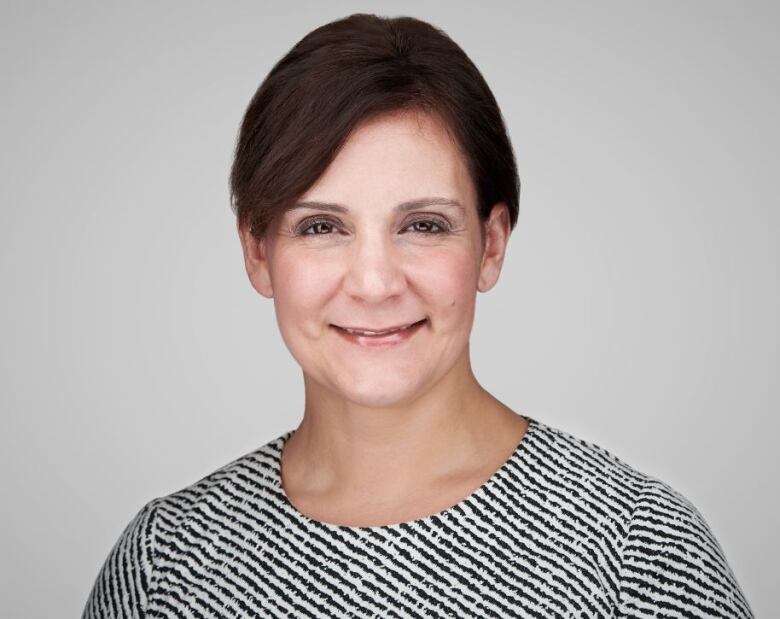Fertility treatments should be considered essential, say patients
Short closures can set patients back months, advocate says

Michaela Alexis's stomach is covered in scars and bruises, a necessary evil of injecting herself with hormones as she races to get pregnant in the short window of time she has left.
The 35-year-old Ottawa woman has battled infertility for the past three years. She'sundergone intrauterine insemination, surgery for her severe endometriosisand now in vitro fertilization.
Now, Alexis is also dealing with the uncertainty faced by her fertility clinic, as the provincial government tightens the rules on what's considered essential during the third wave of the COVID-19 pandemic.
On April 20, the Ontario government issued a directive ordering "the cessation of non-emergent and non-urgent surgeries and procedures." That leftfertility centres unclearas to whether they're considered an essential service, given their procedures are deemed elective.
When the pandemic started,fertility centres were forced to close for two months.This year, some clinics closed after the April directive before reopening just days later.
The Ottawa Fertility Centre which Alexis relies on for her treatments was one of them.
"I understand, looking from the outside, this doesn't seem like a long time, five days. But when you are in the process itself and every single day is so critical ... [it] has been absolutely devastating," said Alexis.
"It's hard to be in a position where you already feel, as an infertile person, like you don't matter in the world. And then ... [you] feel like you're being told by the government that you really, really don't matter."

In a message to patients posted on its website, the Ottawa Fertility Centre apologized for the five-day closure, saying it resumed services after consulting with otherclinics across the province.
The centreis also "strongly recommending" patients postpone their treatment, pointing to the rise in variants of concern and the risk of severe illness in pregnant people, many of whom are ending up in intensive care wards.
'A nightmare'
Jennifer Schurer, 35, has also been trying to conceive for the past two years using a sperm donor a process that's been emotionally, mentally and financially draining, even before adding the pandemic to the equation.
Schurer said she feels helpless, not knowing whether her clinic will stay open.
"I really can't comprehend how this is not deemed an essential service," she said.
"At the end of the day, it's women or couples, you know, trying to conceive. And that has a very finite time period attached to it."
After being poked and prodded dozens, if not hundreds of times, over the past two years, any delay, Schurer said, feels "like a slap in the face."

Natalie Montgomery, director for government relations with the fertility advocacy group Conceivable Dreams, said postponing fertility treatment is often unrealistic, and even a shortclosure can "make or break" a fertility cycle.
The situation further underpinsthe "major inequity"between those who canconceive naturally and those who can't,she said.
"We don't see government in the bedrooms of people that are conceiving naturally. They're having babies and nobody's saying stop," Montgomery said.
"I don't feel that it's fair for [fertility patients]to be told, 'Wait a minute, you might need to hold on this.'"
CBC asked Ontario's Ministry of Health about the confusion surrounding the status of fertility centres, butwas referred back to the April 20 directive.
"Clinicians are in the best position to determine what are urgent and emergent surgeries and procedures in their specific health practice," a spokesperson wrote.













_(720p).jpg)


 OFFICIAL HD MUSIC VIDEO.jpg)
.jpg)



























































































